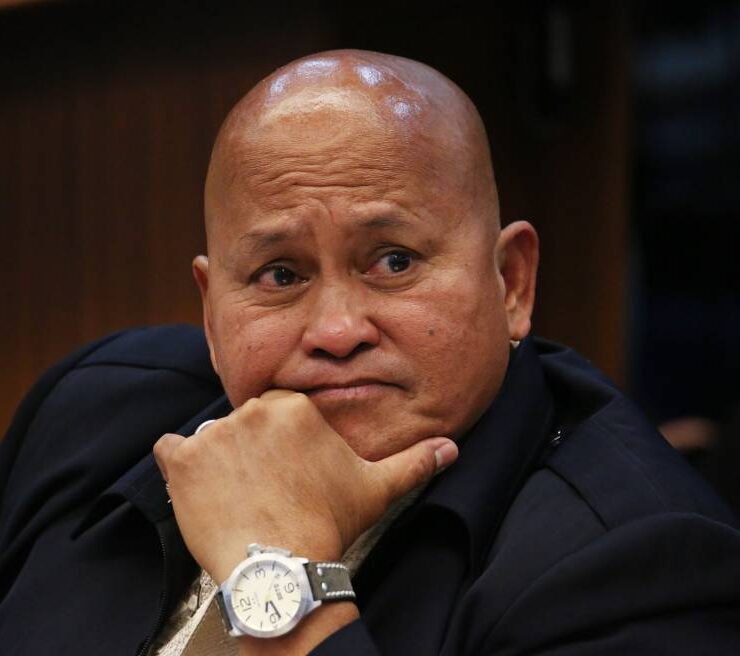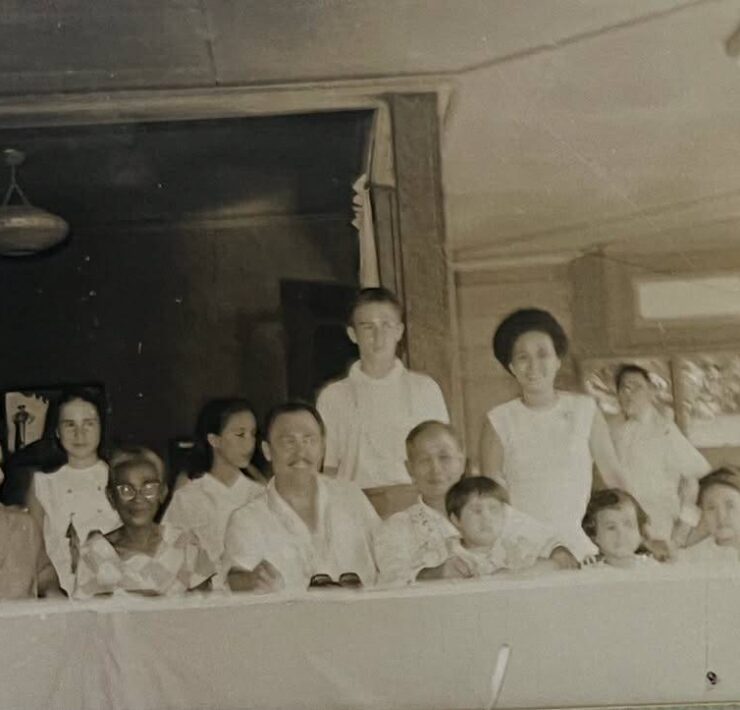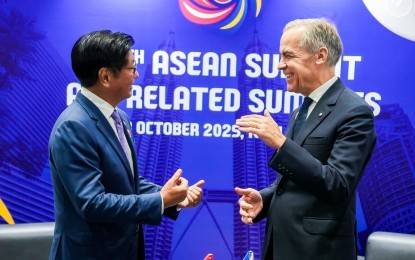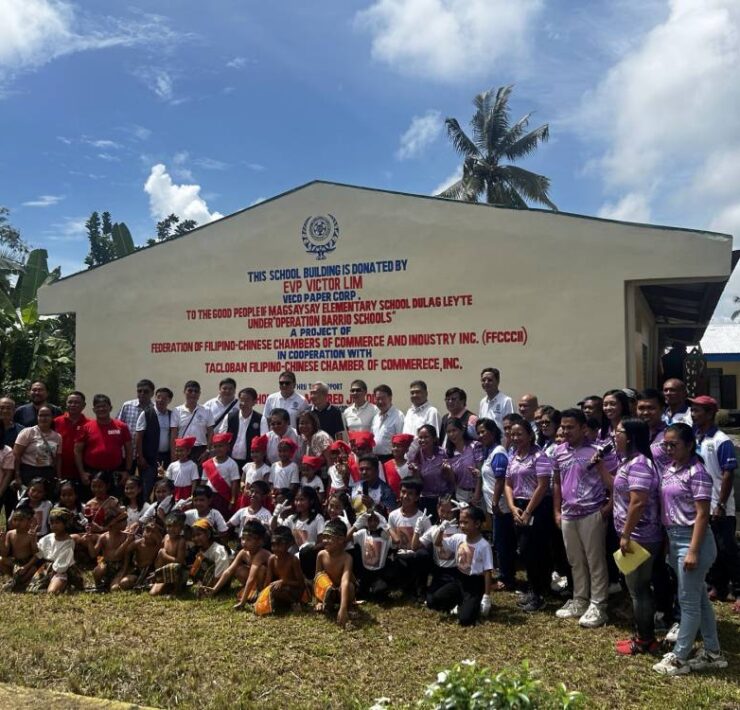Marcos Jr.’s test of credibility
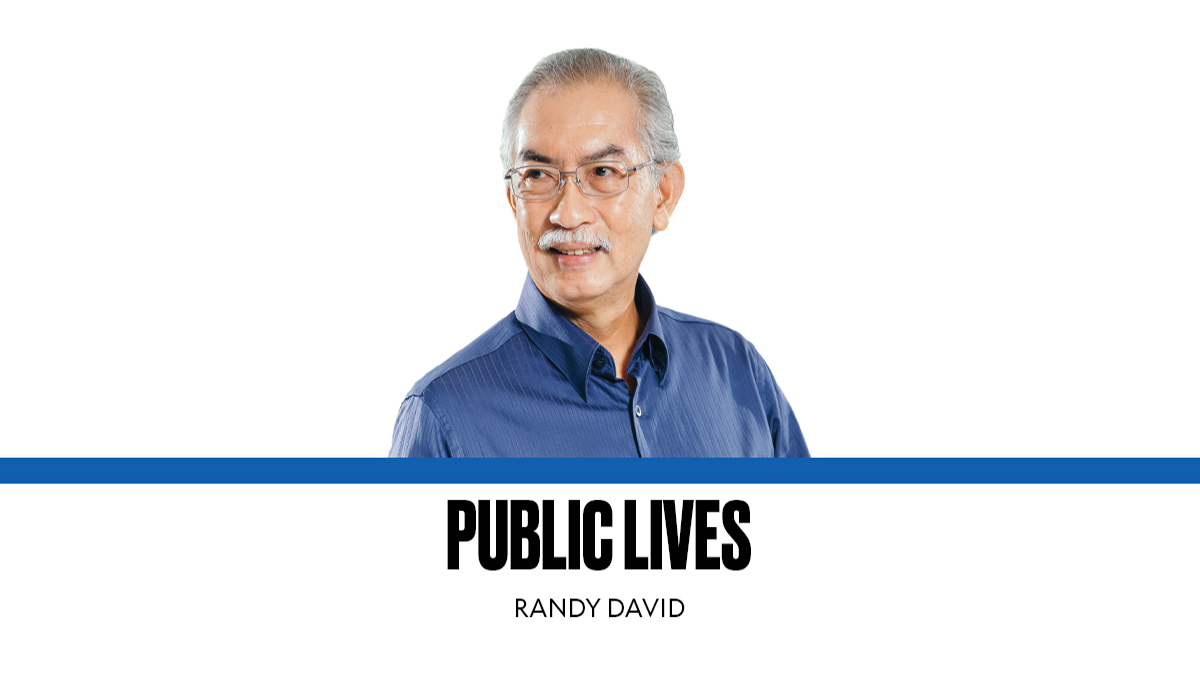
We are in the midst of a political crisis whose outlines are still forming. What began as the usual whispers about corruption in the Department of Public Works and Highways (DPWH) has now burst into the open, with names and faces attached. Public anger is rising, and what is at stake is not only the fate of the public officials who have been named, but also the credibility and capacity of President Ferdinand Marcos Jr. to lead the country through this dangerous period.
This is hardly the first time the DPWH has figured in scandal. On October 14, 2020, then president Rodrigo Duterte acknowledged in a televised address that he had been hearing reports of “massive corruption” in the agency. He urged the public to file complaints through hotline 8888 but immediately shielded his public works secretary, Mark Villar.
At that time, Sen. Panfilo Lacson had already been calling attention to suspicious amendments in the DPWH’s proposed budget, noting the “ballooning” of local projects while funds for national undertakings were reduced. He described what many contractors spoke of openly: the system of bribes that greased the approval of projects. Officials who were mabait (“reasonable”) asked for 10 percent of the contract price, while the matakaw (“greedy”) demanded 20–30 percent and often insisted on advance payment.
Nothing came out of these disclosures. Duterte’s popularity remained intact, partly because the nation was preoccupied with the coronavirus pandemic, and partly because people had long grown resigned to corruption as endemic, especially in public works. The image of corruption was abstract, almost faceless.
Why, then, does the present scandal feel different? Why has public outrage become so intense?
Four factors stand out. First, the worsening floods in many parts of the country have revealed the failure of supposedly massive flood control projects. People can now connect wasted funds to the misery they endure in every heavy downpour. Second, climate change has intensified extreme weather events, paralyzing daily life and commerce. Ordinary citizens no longer see corruption as a remote concern but as something that affects their safety, livelihood, and health. Third, corruption is no longer faceless. The public now sees the people involved: contractors and officials who flaunt their opulent lifestyles on social media. Finally, the mirror of social media has allowed Filipinos to compare their response to corruption with the mass agitations in other countries. It is harder to remain passive when one sees ordinary citizens elsewhere rising in indignation against the same abuses.
Probably sensing this shift, Marcos Jr. seized the initiative. In his State of the Nation Address last July, he called attention to the shameless looting of flood control projects. Weeks later, he released a list of the fifteen biggest contractors that had cornered at least 20 percent of the projects. He invited citizens to report irregularities through a special government website.
Both chambers of Congress promptly launched their own investigations. And now, Malacañang has announced the creation of a new Independent Commission on Infrastructure that will undertake a comprehensive probe of the problem, with the aim of identifying the culprits and bringing them to justice.
At first glance, the government response appears to be one step ahead of public outrage. By acknowledging the problem, naming contractors, and creating investigative mechanisms, the President has positioned himself as the one leading the call for accountability. This may buy him time and political space. But it also raises expectations he cannot afford to disappoint.
The fight against corruption is notoriously difficult to wage because it has no single identifiable victim. Unlike crimes against persons, its harm is dispersed across society. Yet today the public’s tolerance is much thinner. Social media has made it possible for anger to spread quickly and to find particular targets like faces, names, houses, and lifestyles around which indignation can coalesce. For the first time perhaps, corruption has become personal.
This explains why the current crisis has the potential to become a true test of confidence in Marcos Jr.’s leadership. If he fails to sustain the credibility of his early moves, public disappointment could quickly turn into a more dangerous loss of trust. Lasting credibility can only come from resolute action: the prosecution of high officials and recovery of illicit wealth, the dismantling of entrenched networks, and the visible redirection of public works toward genuine public benefit.
Ironically, given his family’s tainted legacy, it is only by waging a serious fight against corruption that Marcos Jr. can hope to secure his place in history.
















